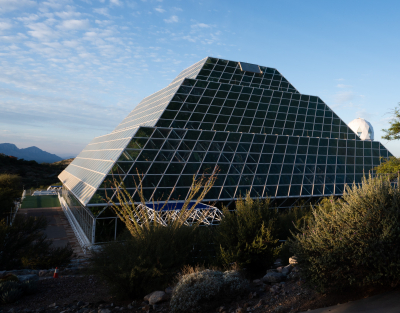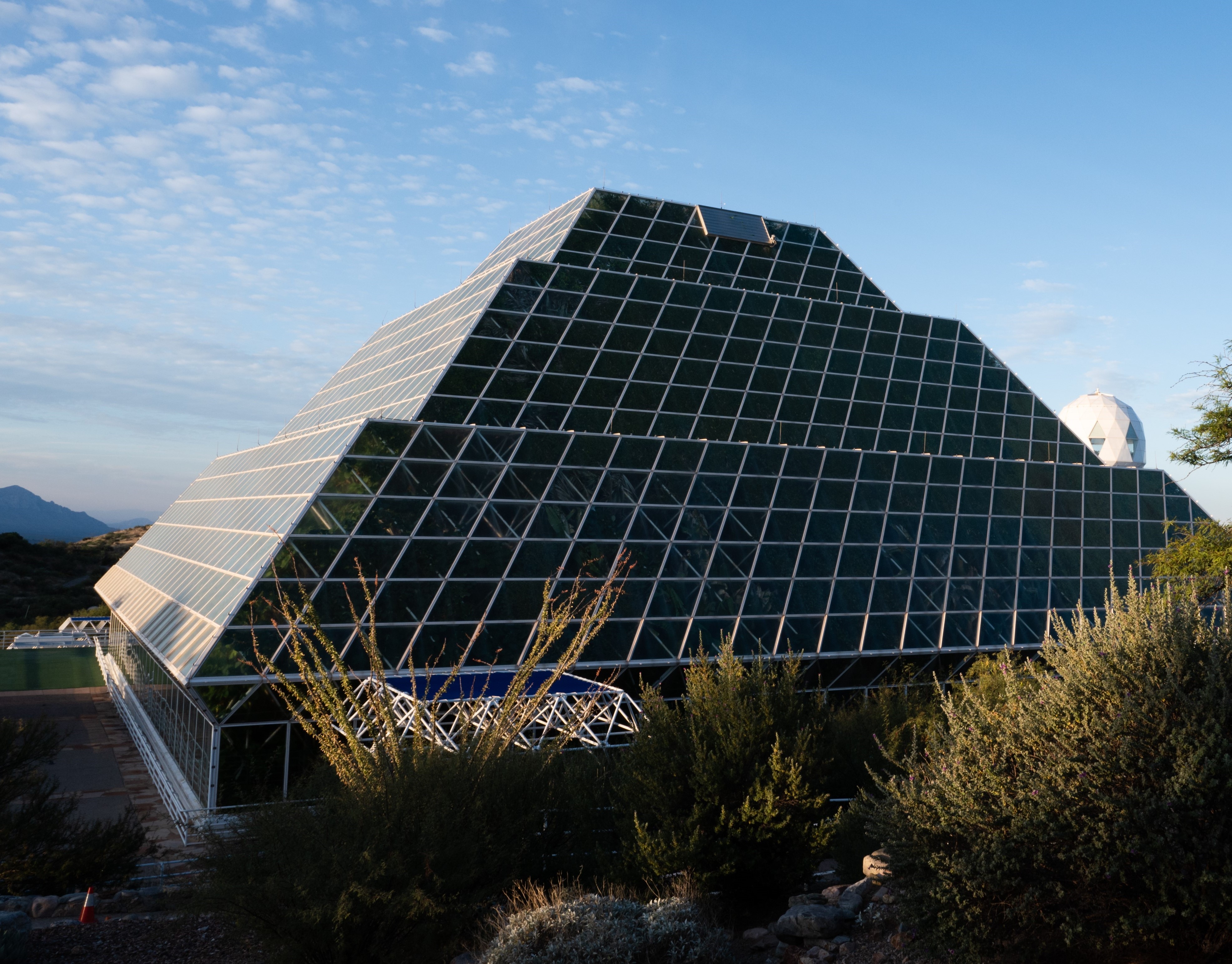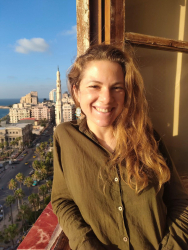


15 December 2023, Paris, France and Trieste, Italy - The International Science Council (ISC) and the InterAcademy Partnership (IAP), two preeminent global science organizations, today issued a joint statement expressing deep concern over the increasing trend of state interference in the autonomy of national academies of science.
Interference poses a significant threat to the integrity of scientific advice and the development of sustainable societies. It highlights a critical issue for ensuring independent scientific advice that can catalyse pathways for sustainability. The statement comes at a time when world leaders have finalized talks at COP28 in Dubai, United Arab Emirates, committing to a robust action plan to keep 1.5 degrees Celsius within reach, and pledging to be led by science.
“As COP28 ends, the Secretary General of the United Nations has called on Member States to tackle global challenges without compromising on the science or compromising on the need for the highest of ambitions. This must include both safeguarding the independence of scientific advice to policy makers and society within a complex and robust knowledge ecosystem, and facilitating cooperation between academics and researchers across disciplines and geographies,”
said Peter Gluckman, President of the International Science Council.
National academies, which encompass the natural and social sciences, humanities and the arts, medicine, and engineering, are pivotal in providing independent expert advice to governments, public interest organizations, and the publics. Their ability to operate free from political, commercial, or other vested interests is a cornerstone of their effectiveness.
Affirming this, InterAcademy Partnership Co-President Peggy Hamburg said,
"In an era when the message and credibility of science is increasingly questioned, we must reaffirm the independence of our scholarly academies. These institutions are not just scientific entities, but pillars that fortify the political system, providing science-based, evidence driven guidance that is essential for informed decision-making globally."
Encroachment on the autonomy of academies and their members jeopardizes their capacity to provide valid, ethically sound advice on critical issues affecting humanity and the planet. It risks eroding public trust in science and evidence-based decision-making, undermining national science advisory systems, and impeding progress towards the 2030 Agenda for Sustainable Development and other international goals.
Masresha Fetene, IAP Co-President added that
"Safeguarding robust science systems in low- and middle-income countries is a commitment to equitable progress. Independent academies stand as crucial architects of resilient scientific landscapes, addressing challenges unique to less developed regions. They play a crucial role in shaping evidence-based policies that pave the way for sustainable development."
In this era of global polycrisis, where the challenges facing humanity and the planet are more interconnected and complex than ever, the role of independent scientific advice is crucial. The ISC and IAP are therefore calling on governments worldwide to recognize and reinforce the importance of scientific freedom and responsibility, urging the adoption of legal frameworks that protect national academies from state, industrial, commercial, and other forms of interference.
ISC Vice-President for Freedom and Responsibility in Science, Anne Husebekk reiterated that participate in and benefit from free and responsible science is a human right, saying,
“Freedom and responsibility in science is fundamental to scientific advancement and human and environmental well-being. However, these rights can be undermined when politically motivated government interference in institutional autonomy occurs, leading to a chilling effect on the practice of scientific endeavor at a time when the world is racing to find solutions to global existential crises."
The ISC and IAP stand united in supporting national academies in their vital role as independent advisors and in promoting the responsible practice of science, especially as we enter the UN International Decade of Sciences for Sustainable Development. In releasing the statement, the IAP and ISC emphasize that safeguarding the autonomy of these institutions is not just a matter of protecting scientific integrity; it is essential for building peaceful societies, living within planetary boundaries and ensuring a future where decisions are informed by the best available science.
To read the full statement, see:
This page on the IAP website.
This page on the ISC website.

Sofia Nitti, Communications Assistant, The InterAcademy Partnership (IAP)
snitti@twas.org | +39 040 2240 530
Alison Meston, Communications Director, International Science Council
Alison.meston@council.science | +33 673 93 86 65
Under the umbrella of the InterAcademy Partnership (IAP) work 150 national, regional and global member academies who represent leading scientists, engineers and health professionals in over 100 countries. Academicians are nominated by their peers, based on their demonstrable excellence in science. IAP has four regional networks – in Africa, Asia, the Americas and Europe. Academies can apply for IAP membership if they meet the eligibility criteria. The IAP is an observer organization to the Intergovernmental Panel on Climate Change, the Belmont Forum and the ISC, and works closely with the WHO.
The ISC is a non-governmental organization that works globally to catalyse and convene scientific expertise, advice, and influence on issues of major concern to both science and society. The ISC has a unique global membership that brings together 45 international scientific Unions and Associations, over 140 national and regional scientific organizations including Academies and Research Councils and 60 international Federations and Societies, as well as Young Academies and Associations.
